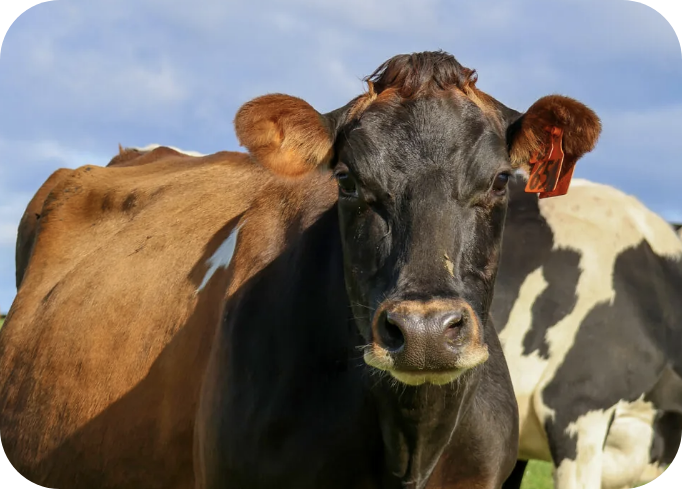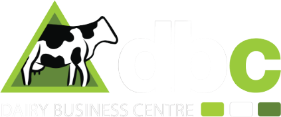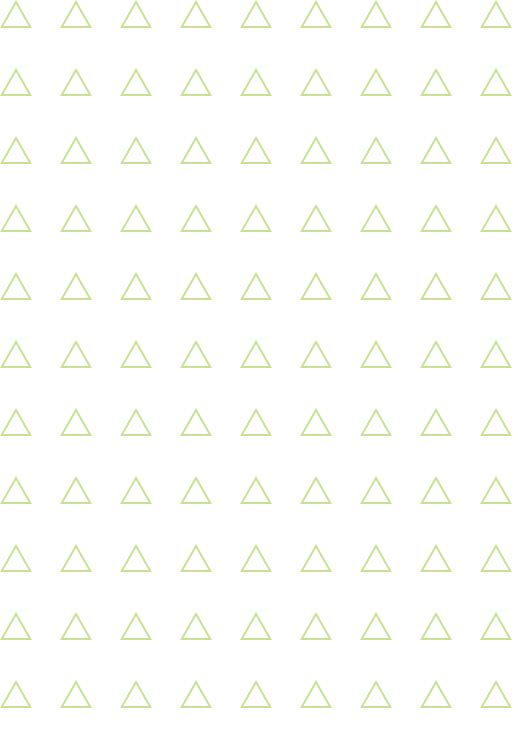Explore and discover
Our Knowledge Hub is designed with you in mind. Simply click your pain points or problem and you’ll be presented with a wealth of articles tailored to your needs.
What are your downer cows telling you?
While no-one is talking calving complications and downer cows at this time of the year, realistically anyone who struggled with the most critical time of the season is now living with the hangover from it when it comes to fertility and in-calf results. Now is the time to consider what could have been done better and what could make a difference next season.
Making money milking cows on 5.5ha
Peter and Claire Hansen are turning a profit milking less than 30 cows on five (effective) hectares near Rangiora. The decision to set up to supply raw milk to the public wasn’t without significant risk for this couple. They were already heavily committed in another business, and they had to build Fernside Fresh from the ground up with no promises and significant capital investment.
Minerals and meal add milk
More milk and lower empty rates (without intervention) has been the result of checking and addressing the mineral status in Brian and Simone Shaw’s Invercargill herd. The couple say the Dairy Business Centre’s team have helped them lift production 35,000kg MS last season, and given them peace of mind that they are doing everything they can to facilitate per cow performance.
Southland dairy embraces high-performance biological farming
Darrell and Julie Wendelgelst had already been paying close attention to their soils when Darrell travelled to Tasmania with the Dairy Business Centre on a biological farming tour in 2023. With some cows in Darrell and Julie’s 400-cow herd producing up to 1000kg MS, they could have been forgiven for approaching any kind of change cautiously.
You can’t save yourself into profit
Irishman Bill O’Sullivan has reluctantly agreed to go on the record…twice. His reason is simple. He is deeply concerned that too many New Zealand dairy farmers appear to have little idea about what “lead feed” is, what it does, how it helps minimise milk fever, and how that impacts across their whole business. Bill keeps meticulous records of cow health and events on their property.
Cost-effective silage preservative steals oxygen…not feed
Is a silage preservative an additional cost in the conserved feed debate or a must-have decision to preserve feed and limit waste? Mid Canterbury dairyman Mark Stewart says it’s been a no-brainer for their operation, which is projected to average 600kg MS a cow. They have been able to save feed wastage at four pivotal points. Find out how it’s working for them…
He came for the sustainability and stayed for the results
A stubbornly high Somatic Cell Count, 17% empty rates, saving money on conventional fertiliser, and a rising awareness of the global “nitrogen addiction” were the original triggers which made Tasmanian dairy producer Mark Wadley consider biological farming.
Practise is often ahead of science
When Isaac and Angelique Korpershoek first discussed switching to biological farming a decade ago, Isaac was “curious” and Angelique – a veterinarian – wanted the evidence-based science.
At the time they were struggling to get their protein percentage above 3% during early lactation and Isaac said, “We were just at that point where you can only adjust so much in your grain ration, and I was starting to think that we couldn’t continue putting nitrogen on at 400kg/ha a year.”
BMCC from 300,000 to 50,000 thanks to the soil
A leap of faith has transformed the way Steve Chilcott farms in the Meander Valley, Tasmania. Biological farming still comes with enough naysayers and doubters. But there is no denying a paddock full of four and five-leaf clovers, night and day fertility results, and a somatic Cell Count (SCC) that has tracked downwards from a harrowing 300,000 to a consistent 50,000 on 350 cows. The reason? Turns out, while it’s a complicated subject, it’s not hard for farmers to switch…
Take the next step
Ready to take your dairy farming to the next level? Dive into our resources and see how our expertise can make a tangible difference on your farm. If you have any questions or need personalized advice, our team of consultants are here to help.
Contact us today to discuss your specific needs and discover how DBC can support your journey towards optimal farm performance and herd health.


